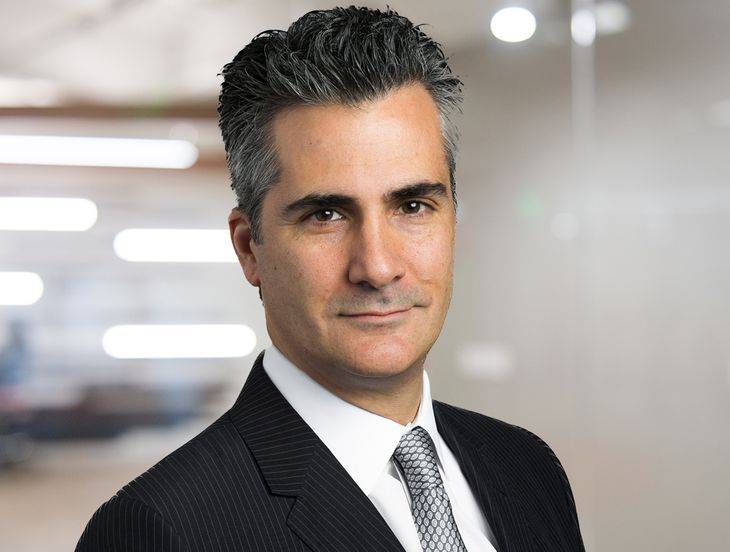Can “Perceived Alcoholics” Bring Workplace Claims In NYC? Stay Tuned For Answer
Insights
5.26.17
Can a worker bring a disability discrimination claim under New York City law based solely on a perception of untreated alcoholism? We’ll soon find out, as the U.S. Court of Appeals for the 2nd Circuit has certified the question to the New York Court of Appeals, the highest court in the state. The answer to this question will determine whether the courtroom doors will open for another class of employees and applicants, and could also impact employer-sponsored rehabilitation programs in the state.
Police Officers Bring Suit After Alcohol Diagnosis
The question arose in the case of Makinen v. City of New York, in which two police officers brought suit alleging that they were discriminated against based on the mistaken perception that they were alcoholics. The officers were each referred to the NYPD’s internal counseling service, received an alcohol-related diagnosis, and were directed to undergo treatment—though neither was diagnosed as suffering from alcoholism. They brought claims under the NYC Human Rights Law (NYCHRL), the New York State Human Rights Law (NYSHRL), and the federal Americans with Disabilities Act (ADA).
The employer argued the plaintiffs’ claims were barred by the plain text of the NYCHRL because the plaintiffs were not (nor perceived to be) “recovered or recovering alcoholics” as specified in Section 8-102 of the city code. On summary judgment and later (after a plaintiffs’ verdict) on a post-trial motion for a judgment as a matter of law, the district court held that individuals regarded as untreated alcoholics may state a claim under the NYCHRL because analogous claims were viable under both the NYSHRL and ADA (which each treat alcoholism as an impairment on which a claim might be based).
Federal Appeals Court Kicks Case To State High Court
On appeal, the 2nd Circuit noted that Section 8-107(1)(a) of the NYCHRL prohibits employment discrimination based on an “actual or perceived . . . disability.” Further, while the statute defines “disability” as “any physical, medical, mental or psychological impairment, or a history or record of such impairment,” in the case of alcoholism, Section 8-102(16)(c) narrows the definition so that disability “shall only apply to a person who (1) is recovering or has recovered and (2) currently is free of such abuse.”
But the federal appeals court was not prepared to offer the definitive word on the matter. The 2nd Circuit noted that, in the absence of authority from New York courts, it could not predict with confidence how the New York Court of Appeals would reconcile the exceedingly broad remedial purpose of the NYCHRL with the limiting language of Section 8-102(16)(c).
Finding tension between the plain statutory language and the City Council’s stated intention to afford plaintiffs no less protection under the NYCHRL than under similar state and federal statutes, the 2nd Circuit certified the following question to the New York Court of Appeals: “Do sections 8-102(16)(c) and 8-107(1)(a) of the New York City Administrative Code preclude a plaintiff from bringing a disability discrimination claim based solely on a perception of untreated alcoholism?”
What’s Next?
The state’s highest court will soon answer the question and resolve the debate. The answer it provides has the potential to broadly affect the viability of employer-sponsored rehabilitation programs in New York, and may impact how other provisions of the NYCHRL are interpreted. Consequently, the decision by the New York Court of Appeals may potentially have both specific and broad implications.
We will provide updates as this matter progresses. For more information about how this case could affect your workplace, contact any attorney in our New York City office at 212.899.9960, or your regular Fisher Phillips attorney.
This Legal Alert provides information about a specific court decision. It is not intended to be, and should not be construed as, legal advice for any particular fact situation.
Related People
-
- Michael R. Marra
- Co-Regional Managing Partner
